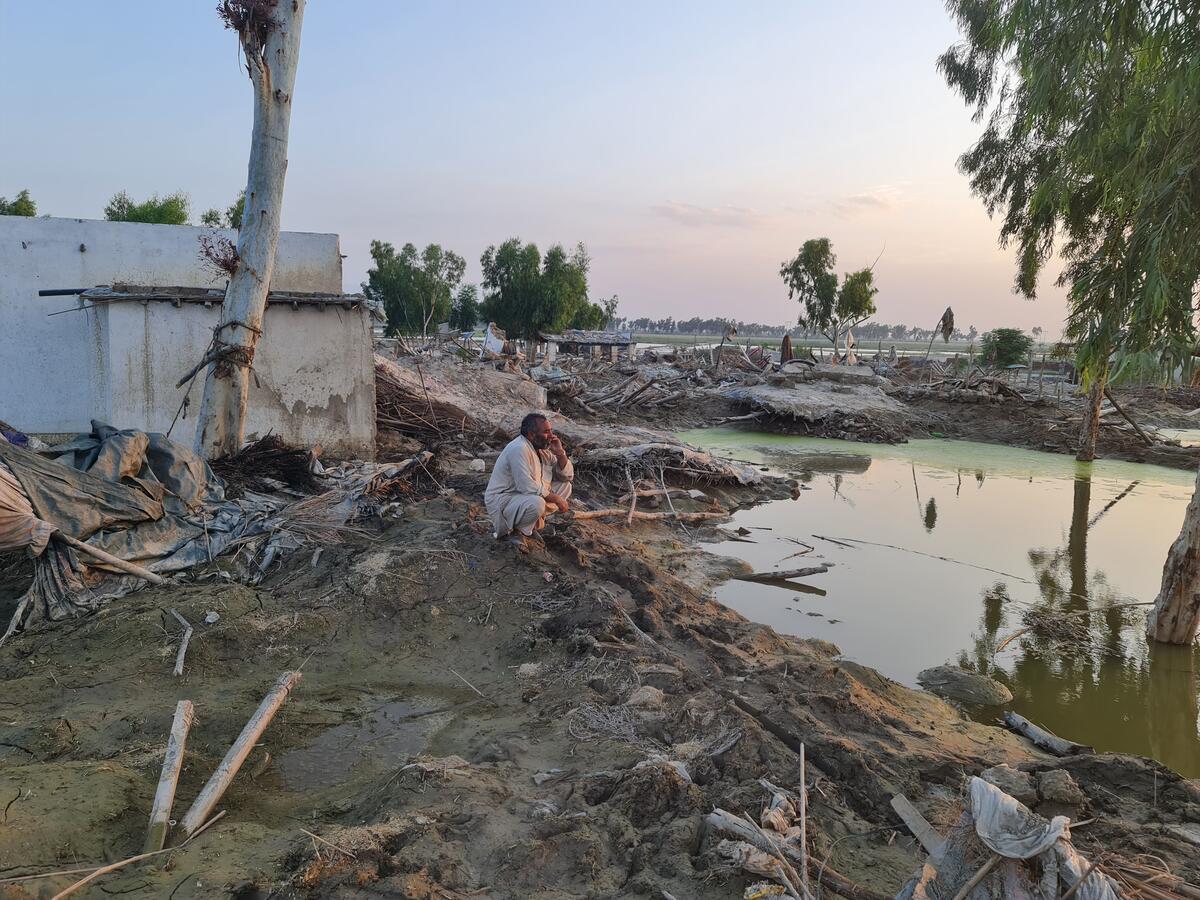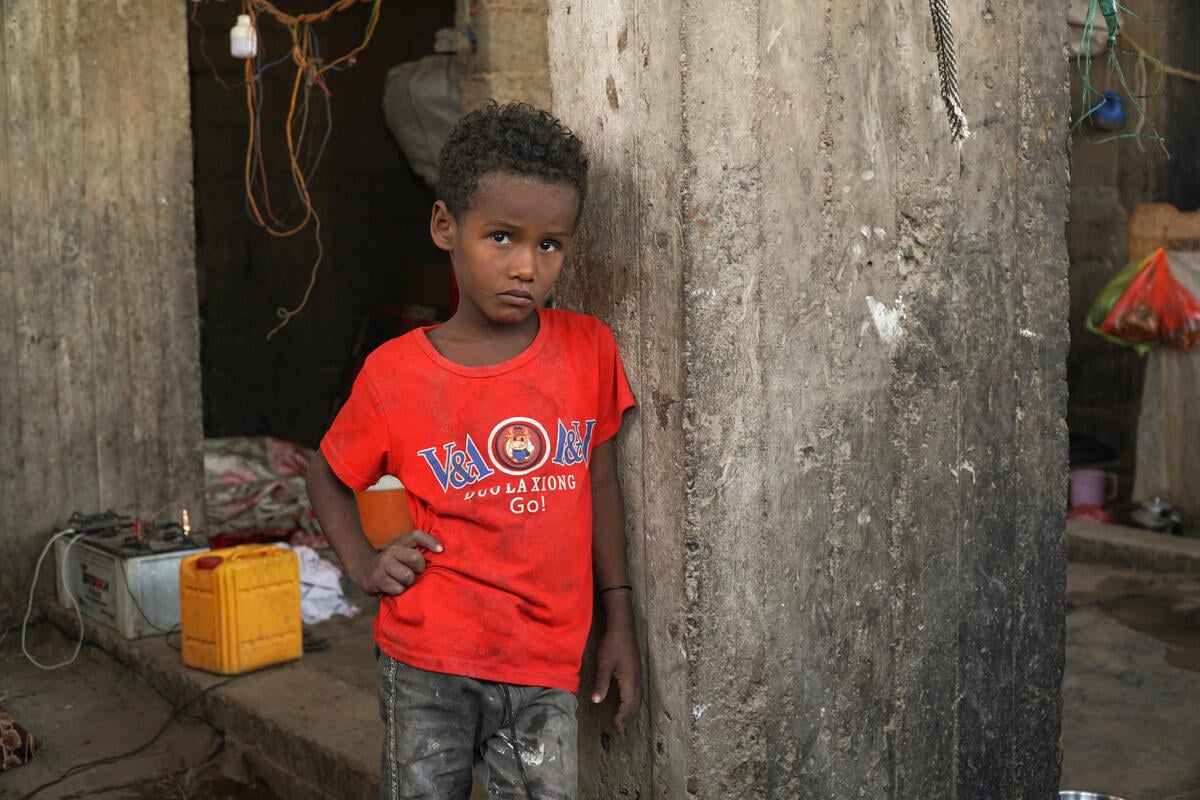UNHCR says funding shortfall threatens Mali operation
UNHCR says funding shortfall threatens Mali operation

GENEVA, June 15 (UNHCR) - The UN refugee agency warned on Friday that a lack of funds is seriously threatening its efforts to help more than 300,000 Malians uprooted by conflict and insecurity in the north of their country. "To date, we have received only 13 per cent of the US$153.7 million needed to assist desperate Malians displaced inside and outside their country," UNHCR spokesman Andrej Mahecic told journalists in Geneva.
The appeal comes amid reports of more people fleeing instability and fighting in Mali. Over the past four weeks alone some 20,000 Malians have crossed into Burkina Faso, Niger and Mauritania, and more are coming. Mauritania, for example, is currently receiving an average of 460 people every day, as a result of continuing clashes in Mali.
"Our efforts focus on providing live-saving assistance to more than 170,000 Malian refugees in the three countries. But the funding shortfall means that the provision of even the most basic assistance, such as water, sanitation, shelter and primary education, is far below the minimum humanitarian standards," Mahecic stressed.
Water supplies in the arid Sahel region are particularly low and most refugees are not receiving the emergency standard of 10 litres per person per day. The usual humanitarian standard per person is 20 litres of water per day. UNHCR and its partners have been trucking water to remote refugee sites, a costly undertaking because of high fuel prices and the need to drive long distances over bad roads.
"Also, we have been digging wells, but because of several years of drought in the Sahel, some of these dry up within three months," said Mahecic. "Our solution is to dig more boreholes, which yield larger quantities of water. But this requires the use of heavy and expensive equipment, which we cannot currently afford. These boreholes also need to be maintained," he added.
UNHCR also needs funding to construct more latrines. The humanitarian standard is one latrine to 20 people. However, in most camps this target is not met and refugees face the growing risk of disease and epidemics because of the dire sanitary conditions. These risks will be heightened when the rainy season sets in shortly.
Meanwhile in the education sector, with our current funding levels we are only able to provide schooling for one out of four Malian children in the refugee sites.
The Mali crisis began in mid-January following the outbreak of an armed Tuareg rebellion. The separatist movement has since April taken control of northern Mali with the help of militant groups. UNHCR expects more Malians to continue to seek safety in neighboring countries. Our revised US$153.7 million appeal envisages helping some 440,000 refugees and internally displaced Malians through the end of this year.








